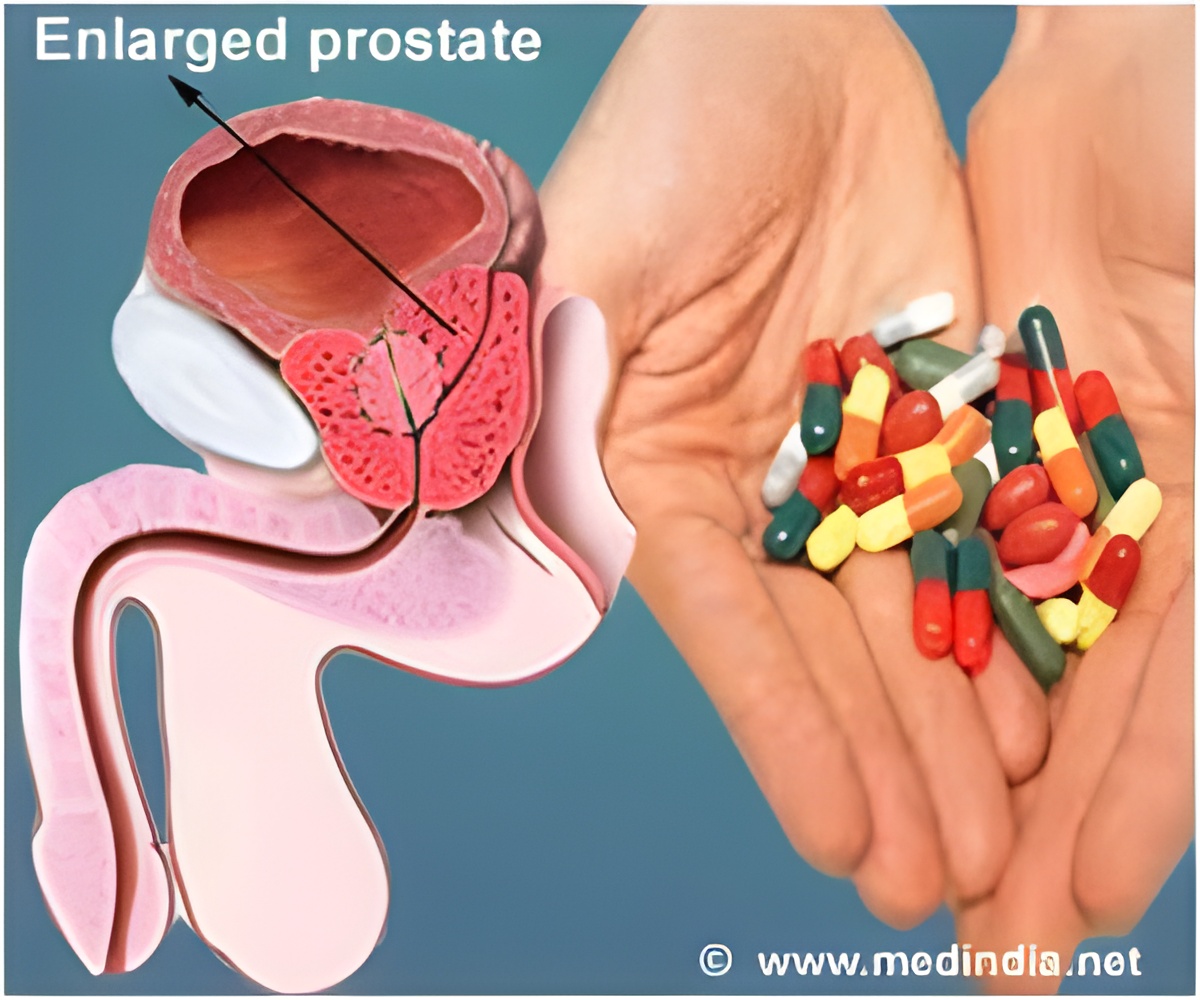Extensive research has shown that hormonal therapies can help control advanced prostate cancer for a time.

Based on this new information, Siah2 could make a promising biomarker for tracking a prostate cancer patient's response to therapy. Inhibiting Siah2's interaction with the androgen receptor complex might also provide a new method for re-sensitizing castration-resistant prostate tumors to hormone therapy.
Siah2 removes the brake on androgen receptors
"Prostate tumors become castration-resistant by using diverse ways to modify androgen receptor to become constantly active. In this study, we demonstrate how this happens through a previously unknown mechanism orchestrated by Siah2. Surprisingly, it turns out that only a fraction of all androgen receptors are altered in castration-resistant tumors," said Ze'ev Ronai, Ph.D., associate director of Sanford-Burnham's National Cancer Institute-designated Cancer Center, scientific director of the Institute's La Jolla campus, and senior author of the study.
Normally, androgen receptors are kept in check by an inhibitor called NCOR1. This study revealed that, in castration-resistant prostate tumors, Siah2 tags the NCRO1-androgen receptor complex for degradation. That removes the brake, allowing the recycling of inactive androgen receptor to active status. As a result, prostate cancer cells produce more active androgen receptors, which render them resistant to hormone therapy.
Clinical relevance
Ronai and his team also looked at what happens when they inhibit Siah2. To do this, they used three different animal models. In each case, inhibiting Siah2 restored prostate tumors' sensitivity to hormone therapy. With Siah2 out of the picture, prostate tumors regressed during hormone therapy.
Source-Eurekalert
 MEDINDIA
MEDINDIA
![Prostate Specific Antigen [PSA] & Prostate Cancer Diagnosis Prostate Specific Antigen [PSA] & Prostate Cancer Diagnosis](https://images.medindia.net/patientinfo/120_100/prostate-specific-antigen.jpg)

 Email
Email





